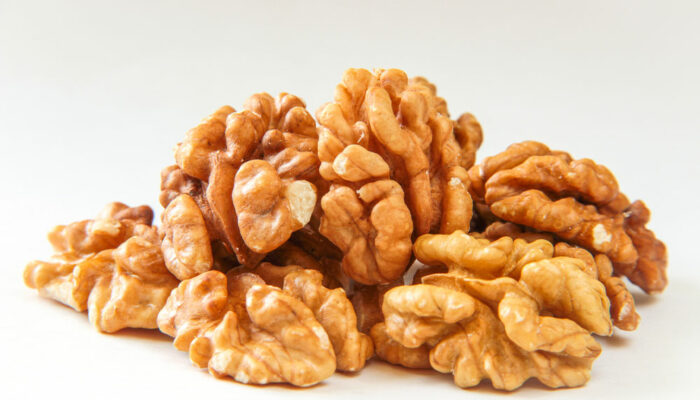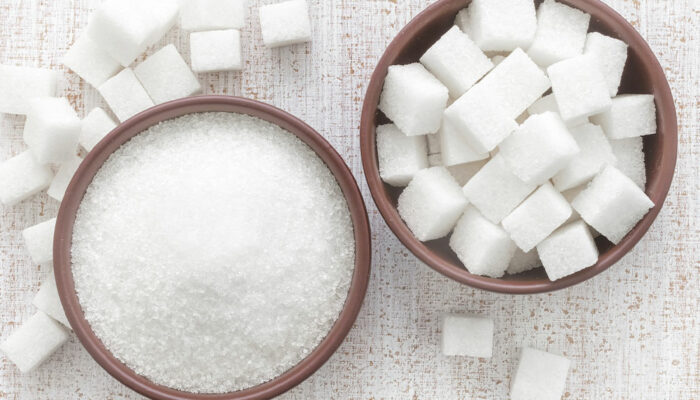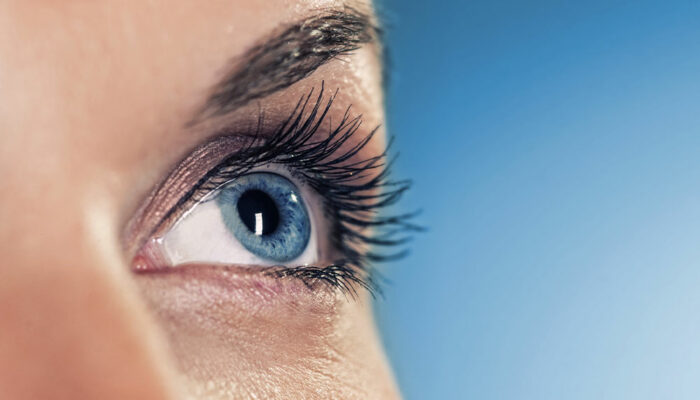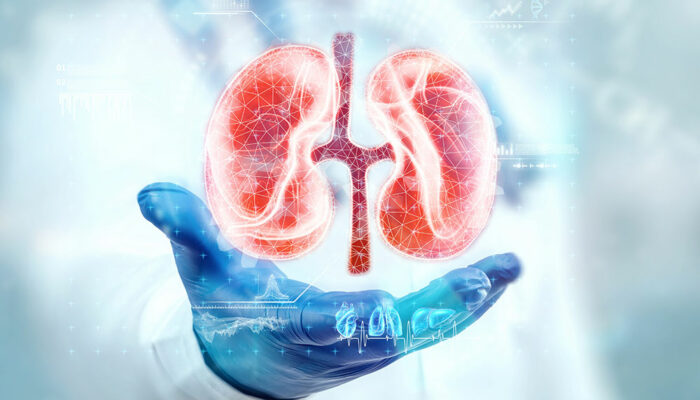
health
Watch out for these 5 warning signs of Parkinson’s disease
A debilitating neurological disorder, Parkinson’s disease, affects the nervous system. It is generally observed among those above the age of 60 years. In some cases, people below 50 also develop an early onset of the disease. It is common among those with a family history of the condition. Over time, the effect on the nervous system becomes apparent through several symptoms. There are warning signs of Parkinson’s that should not be ignored, which can help seek diagnosis and treatment. Temors in the hands This is one of the most noticeable warning signs of Parkinson’s. It is also known as rhythmic shaking. The tremors or shaking start to occur in the limbs of the hands or fingers. Sometimes, there is a pill-rolling tremor that causes a person to rub their thumb and forefinger against each other. The handwriting grows smaller It is normal for handwriting to change with age. However, Parkinson’s causes a person’s handwriting to become smaller, making it illegible over time. The words appear crowded, or the lines are not straight. This condition caused by Parkinson’s is also known as micrographia. The movements become slow Parkinson’s progresses over time to cause a person’s movements to become slower. They start to walk slower than their regular speed.
Read More 








